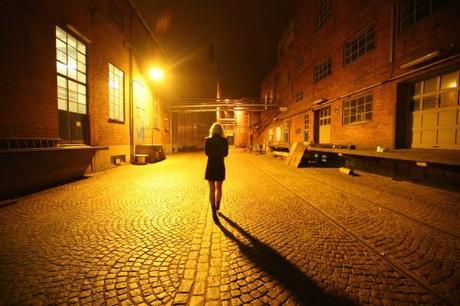Last week, I mentioned that I had done a lecture at the University of Michigan via video link. Unfortunately, our connection was poor, so I had to keep restating points that were lost when the signal dropped; this ate up the time we had for questions, so I asked the teacher to collect student questions and I would answer them via email. Most of the questions were ones I’ve answered in other places, and though that’s also mostly true of this one, I don’t recall ever directly answering it in one go: How does violence against women change with different regulatory regimes?
When the demand for anything is inflexible, as in the case of sex and drugs, prohibition does nothing to curtail that demand; what happens instead is a black market develops to supply the commodity. And because black markets are illegal, there is no way for those involved in them to call upon courts, lawyers, etc to settle trade disputes. That means violence, and such markets also tend to draw people who aren’t afraid of breaking the law (which of course includes career criminals). Alcohol prohibition is a fine example: in the 1920s, if one wanted some booze one had to deal directly or indirectly with bootleggers or smugglers, and turf wars became very bloody indeed. But after Prohibition ended in December 1933, that all ended practically overnight; when was the last time you heard of a turf war between bars or liquor stores? Similarly, sex workers who are raped, robbed, or otherwise harmed by violent men cannot go to the police at all under criminalization because they will be arrested for prostitution. Under most forms of legalization they usually don’t dare, because even though selling sex isn’t illegal the cops may spy on them afterward to catch them in some prohibited behavior such as working together for safety or having dependents. That’s also true under the Swedish model, and in addition the cops use sex workers as non-consenting bait to catch clients; that in itself increases violence against street workers in particular because the clients are afraid of busy, well-lit areas so they need to move to darker, quieter ones. All these factors also draw rapists, robbers and serial killers, because they know it’s less likely they will be caught if they prey upon women the law defines as “criminals”. Only under decriminalization, in which sex work is treated as work, are sex workers free to take whatever precautions they feel necessary without violating some law, and can call on the police if they wish (though I personally advise against that course of action).
(Have a question of your own? Please consult this page to see if I’ve answered it in a previous column, and if not just click here to ask me via email.)
